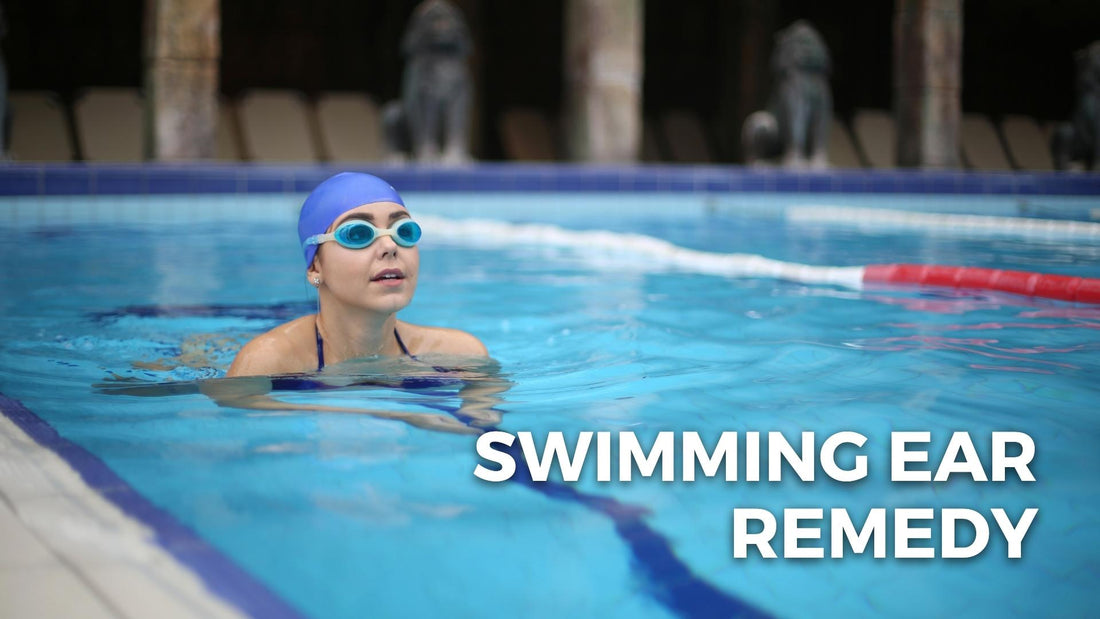
Summer Ears Causes and Natural Remedies
Share
Summer Ear Infections: Causes, Symptoms, and Natural Remedies
What is Swimmer's Ear?
Swimmer's ear, medically known as otitis externa, is a common type of ear infection that affects the outer ear canal. This narrow passageway that connects the outside of the ear to the eardrum is a dark, warm, and moist environment—ideal for bacteria and fungi to thrive.
It’s called “swimmer’s ear” because it commonly affects people who spend a lot of time in the water, such as swimmers. However, anyone can get it, especially during the hot and humid summer months.

What Causes Swimmer's Ear?
Several conditions and habits can trigger swimmer’s ear:
-
Water trapped in the ear canal from swimming or frequent showering
-
Loss of protective earwax, either from excessive water exposure or over-cleaning the ears
-
Injury to the ear canal from inserting objects like fingers, cotton swabs, pens, or hairpins
-
Swimming in dirty or contaminated water
-
Skin conditions such as eczema or psoriasis affecting the ear canal
Symptoms of Swimmer's Ear
Watch out for these signs if you suspect swimmer’s ear:
-
Ear pain, especially when pulling the outer ear or pressing on it
-
Itching inside the ear canal
-
Discharge from the ear (often foul-smelling or yellow/green in color)
-
A plugged feeling in the ear
-
Redness and swelling in the outer ear
-
Temporary hearing loss
-
Mild fever
How is Swimmer’s Ear Treated?
For proper treatment, it's important to consult a healthcare provider. They may prescribe:
-
Antibiotic ear drops to fight the infection
-
Anti-inflammatory medications if needed
Natural Remedies
You can also support ear health with natural options such as:
-
Plantain leaf oil: Known for its antibacterial and anti-inflammatory properties
-
Rosemary oil: Contains natural compounds that can help cleanse the ear and reduce infection risks
These herbal oils may help in preventing or soothing mild symptoms. However, they should be used only after medical consultation and never inserted deep into the ear canal.
Tips for Preventing Swimmer’s Ear
-
Dry your ears thoroughly after swimming or showering.
-
Avoid inserting objects into your ears.
-
Use a bathing cap or ear plugs while swimming.
-
Avoid swimming in polluted water.
-
Consult a doctor if you frequently get ear infections.
Stay safe this summer and give your ears the care they need—naturally and effectively.